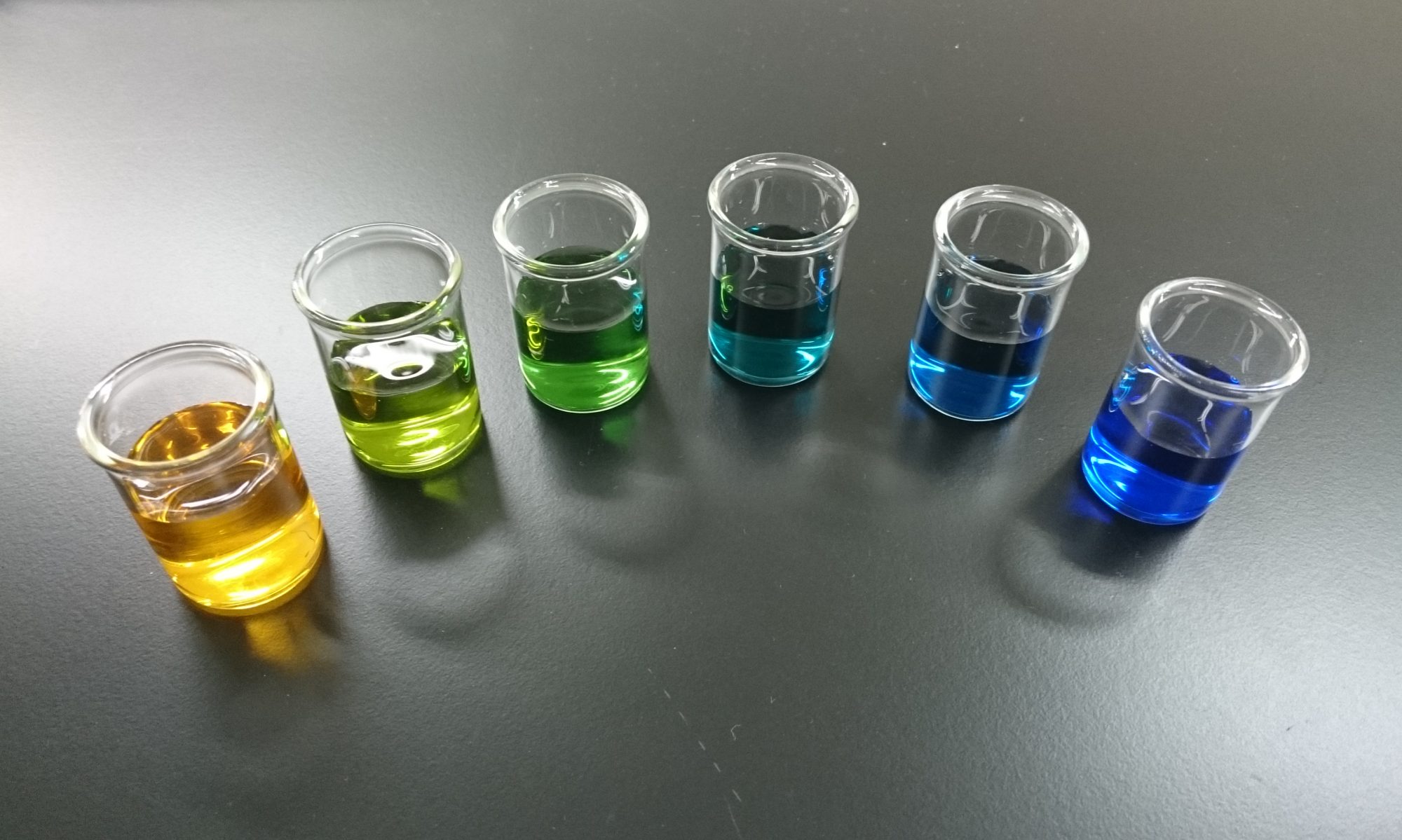問題1.2.1
次の関数の極限値を求めよ。
(1)$\displaystyle \lim_{x \to 0} \dfrac{\sqrt{1+x^2}-\sqrt{1-x^2}}{x^2}$
(2)$\displaystyle \lim_{x \to \infty} \sqrt{2x}(\sqrt{x}-\sqrt{x+1})$
(3)$\displaystyle \lim_{x \to 0} x \sin \dfrac{1}{x}$
(4)$\displaystyle \lim_{x \to 0} \dfrac{\sin 2x}{\sin 3x}$
(5)$\displaystyle \lim_{x \to 0} \dfrac{1- \cos x}{x^2}$
《ポイント》
極限を求める際はまず不定形になるかどうかを確認します。式変形で不定形を解消しましょう。使える極限公式は限られているため、知っている公式の形に持ち込めればOKです。
《解答例》
(1)
$\begin{align} \dfrac{\sqrt{1+x^2}-\sqrt{1-x^2}}{x^2} &= \dfrac{(1+x^2)-(1-x^2)}{x^2(\sqrt{1+x^2}+\sqrt{1-x^2})} \\ &= \dfrac{2}{\sqrt{1+x^2}+\sqrt{1-x^2}} \\ & \stackrel{(x \to 0)}{\to} 1\end{align}$
$\therefore \displaystyle \lim_{x \to 0} \dfrac{\sqrt{1+x^2}-\sqrt{1-x^2}}{x^2}=1 \ \ \cdots \cdots (\text{答})$
(2)
$\begin{align} \sqrt{2x}(\sqrt{x}-\sqrt{x+1}) &= \dfrac{\sqrt{2x}(x-(x+1)}{\sqrt{x}+\sqrt{x+1}} \\ &= -\dfrac{\sqrt{2}}{\sqrt{1}+\sqrt{1+\dfrac{1}{x}}} \\ & \stackrel{(x \to \infty)}{\to} -\dfrac{\sqrt{2}}{2} \end{align}$
$\therefore \displaystyle \lim_{x \to \infty} \sqrt{2x}(\sqrt{x}-\sqrt{x+1}) =-\dfrac{\sqrt{2}}{2} \ \ \cdots \cdots (\text{答})$
(3)
$0 \leqq \left| x \sin \dfrac{1}{x} \right| \leqq x \stackrel{(x \to 0)}{\to} 0$ より、
$\therefore \displaystyle \lim_{x \to 0} x \sin \dfrac{1}{x}=0 \ \ \cdots \cdots (\text{答})$
(4)
$\begin{align} \dfrac{\sin 2x}{\sin 3x} &= \dfrac{2}{3} \cdot \dfrac{\dfrac{\sin 2x}{2x}}{\dfrac{\sin 3x}{3x}} \\ & \stackrel{(x \to 0)}{\to} \dfrac{2}{3} \end{align}$
$\therefore \displaystyle \lim_{x \to 0} \dfrac{\sin 2x}{\sin 3x} =\dfrac{2}{3} \ \ \cdots \cdots (\text{答})$
(5)
$\begin{align} \dfrac{1- \cos x}{x^2} &= \dfrac{(1- \cos x)(1+ \cos x)}{x^2 (1+ \cos x)} \\ &= \dfrac{1- \cos^2 x}{x^2 (1+ \cos x)} \\ &= \dfrac{\sin^2 x}{x^2 (1+ \cos x)} \\ &= \left( \dfrac{\sin x}{x} \right) ^2 \cdot \dfrac{1}{1+ \cos x} \\ & \stackrel{(x \to 0)}{\to} 1^2 \cdot \dfrac{1}{1+1} \\ &= \dfrac{1}{2} \end{align}$
$\therefore \displaystyle \lim_{x \to 0} \dfrac{1- \cos x}{x^2} =\dfrac{1}{2} \ \ \cdots \cdots (\text{答})$
《コメント》
いずれも数Ⅲの範囲なので特に問題無いと思います。
関数の極限を求めるときは既知の公式に当てはめるほかに、ロピタルの定理やテイラー展開・マクローリン展開などの利用も可能ですが、これは第2章で扱います。
復習例題1.2.1
次の関数の極限を求めよ。
(1)$\displaystyle \lim_{x \to \infty} \left( 1-\frac{3}{x}-\frac{4}{x^{2}} \right)^x$
(2)$\displaystyle \lim_{x \to \infty} \dfrac{\sqrt{x^2-\sqrt{x^2-\sqrt{x^2-\cdots}}}}{x}$
(3)$\displaystyle \lim_{x\to 0} \frac{e^x+e^{-x}-2}{x^2}$
